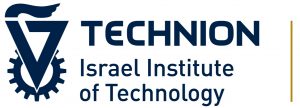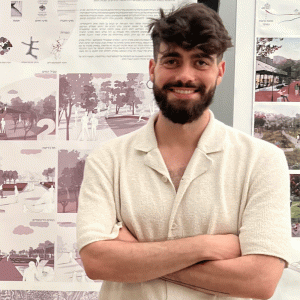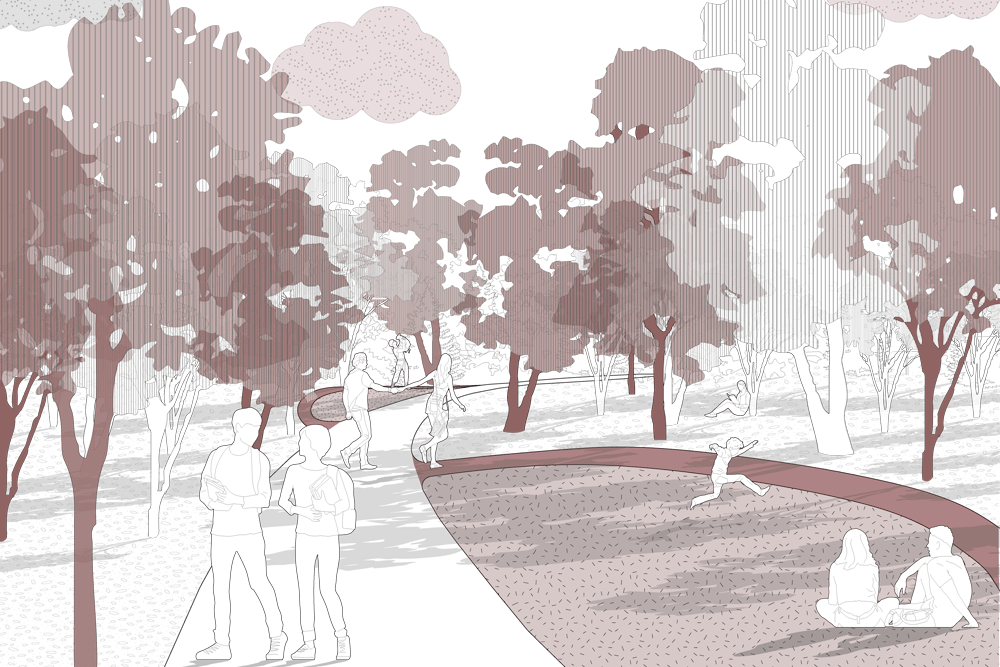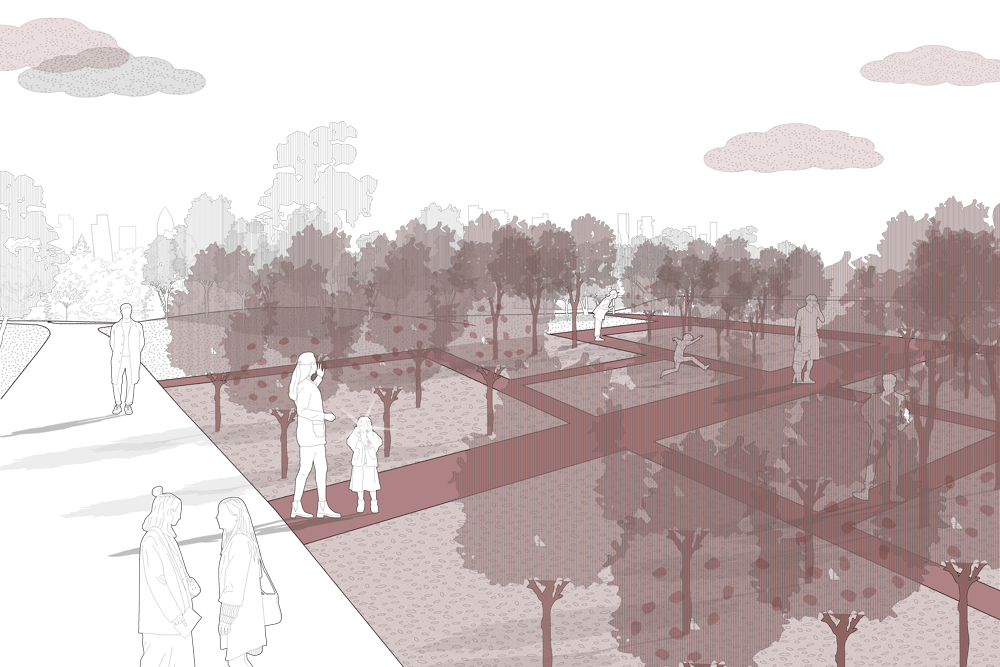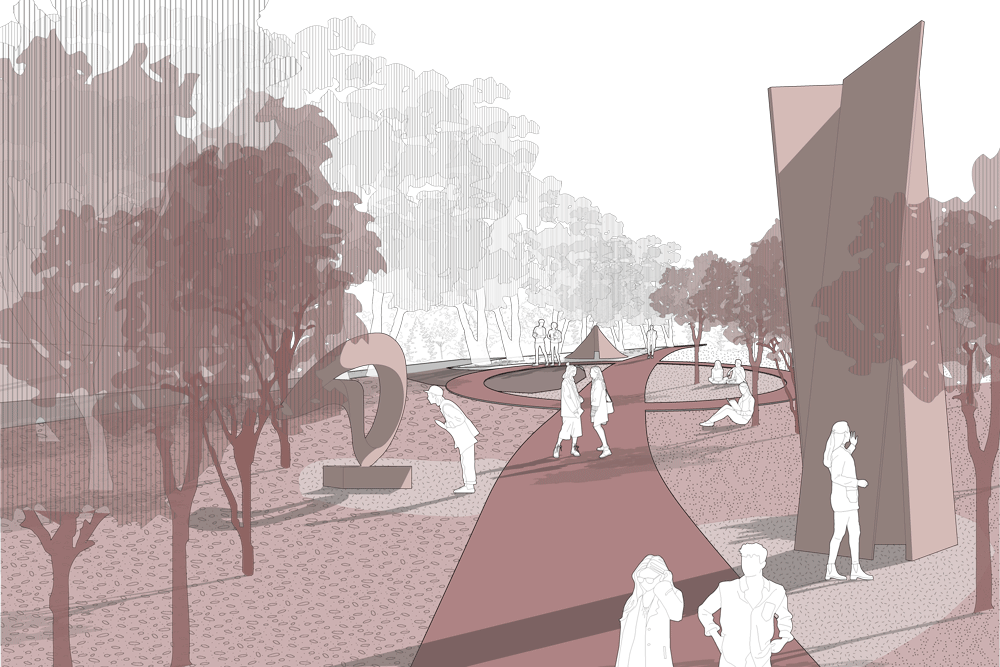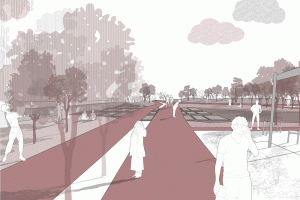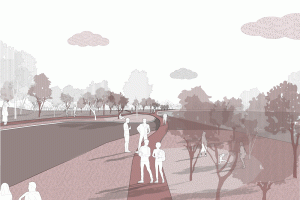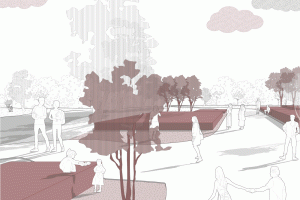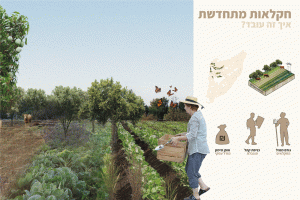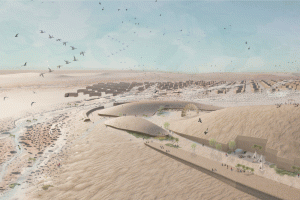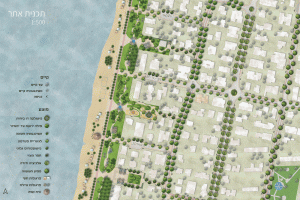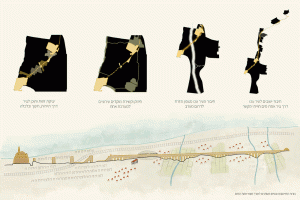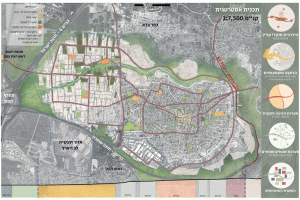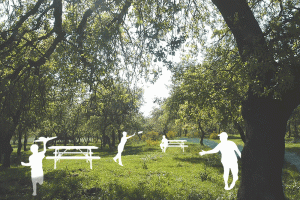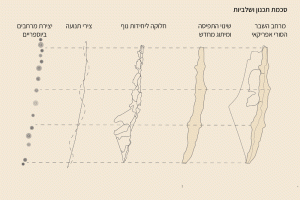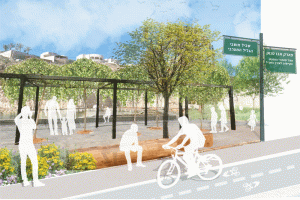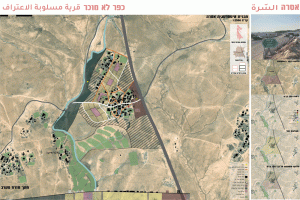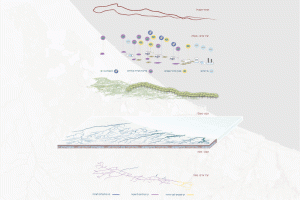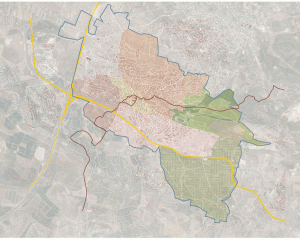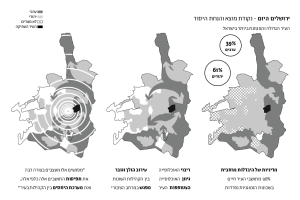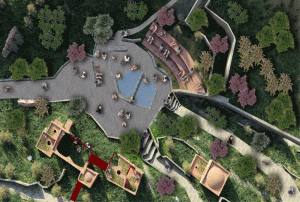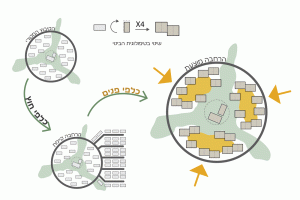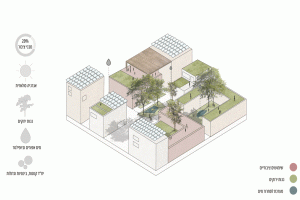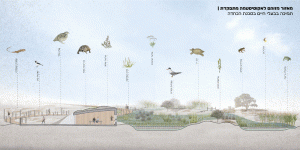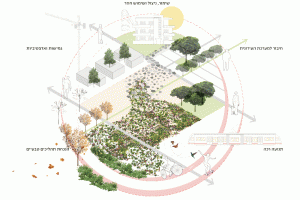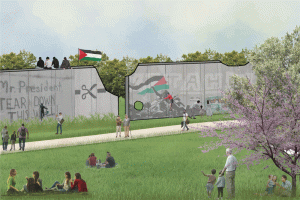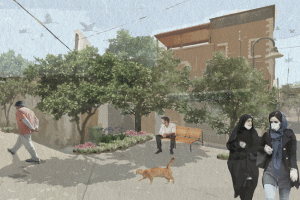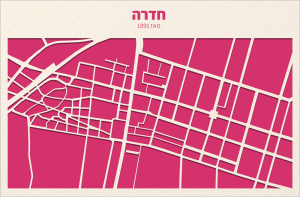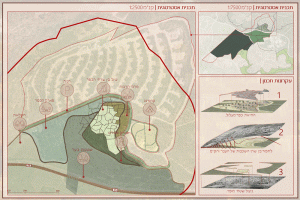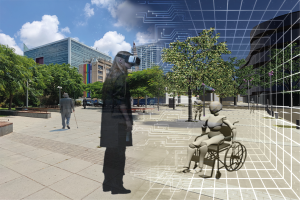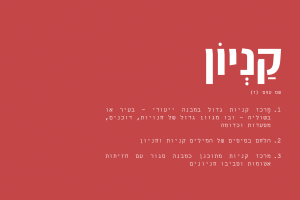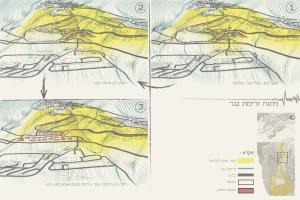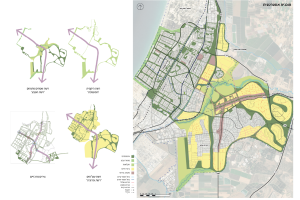Evolution of a Park | A Fresh Perspective on Urban Parks in Israel, Yarkon Park as a Case Study
Urban parks in Israel have adopted planning approaches from the US and Europe, resulting in significant homogenization due to a lack of a local planning tradition. In today’s globally influenced era, rapid planning trends present challenges, and future generations of planners will need to intervene in pre-designed spaces.
To counteract the homogenization of the Israeli landscape, it is essential to explore non-disciplinary approaches. Breaking free from transient trends requires us to shift our perspective beyond traditional drafting tables, allowing for new interpretations. This project presents diverse spatial analyses and planning methods that integrate knowledge from social sciences, arts, and landscape architecture to achieve a reconfigured outcome.
Yarkon Park, which embodies various anthropocentric design approaches, has made strides but still requires enhancements. Proposing a revamped spatial organization around drainage basins offers a way to update the park. By reinforcing imperceptible layers, including the stream’s cultural significance, we can enrich the park’s utility and contextual relevance.
Incorporating sociological deconstruction and reassembly methods can introduce innovative ideas into Israel’s future planning, broadening our horizons. This pursuit of adaptive planning paradigms not only counters homogeneity but also contributes to a culturally enriched urban landscape.
